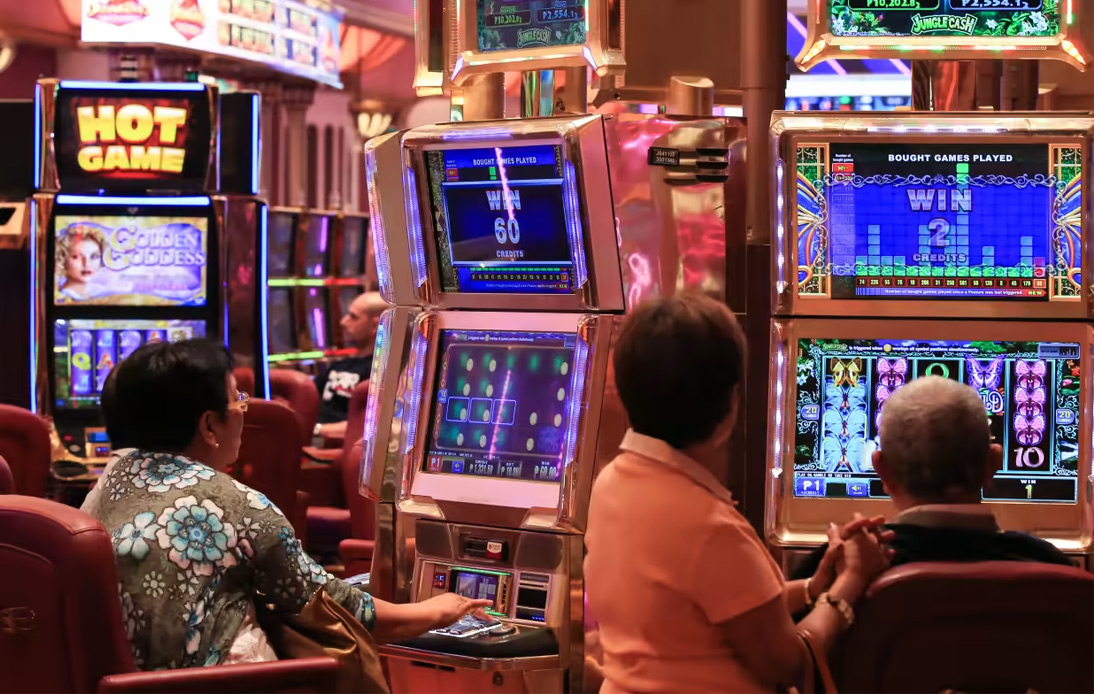
On Tuesday, the cabinet approved a report from a special House committee on the possibility of legalizing entertainment complexes that include casinos in Thailand.
The Ministry of Finance has been tasked with carrying out a further study on the investment’s viability, which needs to be completed within 30 days.
Kenika Ounjit, the deputy government spokeswoman, mentioned that the proposed entertainment complex is a crucial part of the government’s strategy to boost the “fun economy” sector.
This includes tourism, sports, entertainment venues, and MICE (Meetings, Incentives, Conferences, and Exhibitions) businesses.
According to Ms. Kenika, this sector has shown consistent growth and has positively impacted the national economy.
Based on the House committee’s findings, she highlighted that introducing the entertainment complex could significantly increase tax income, allowing the government to extend its support to more people.
However, she noted the importance of engaging the public and organizing hearings to decide whether there is support for the casino initiative.
Ms. Kenika added that the cabinet advised against the government being the exclusive investor in the project to avoid potential financial strains. It suggested seeking multiple private partners and offering them concessions instead.
The cabinet also recommended that any entertainment complex should be situated near an international airport to appeal to foreign visitors.
Furthermore, Ms. Kenika stated that the establishment of a “casino tax” was proposed to be levied on the casino industry.
To address the potential adverse effects of the entertainment complex, the cabinet mentioned the necessity of forming a dedicated government body and enacting a specific law to regulate the industry, according to Ms. Kenika.
A report from the House committee suggesting the legalization of casinos faced significant opposition from a large number of university scholars on Tuesday.
Predominantly from Chulalongkorn University, these scholars issued a cautionary note about the dangers of legalizing casinos in Thailand, arguing it could do “more harm than good.”
They challenged the House committee’s assertion that casino legalization would stimulate the economy, pointing out that gambling is not considered a legitimate economic activity by economists as it doesn’t produce any tangible economic goods.




















